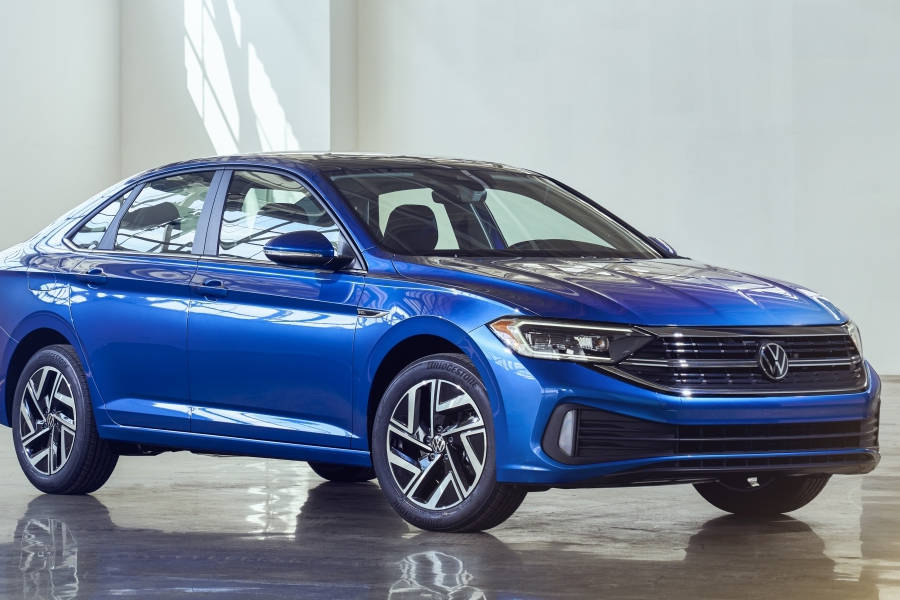It’s all fun driving your Volkswagen Jetta until something like diesel particulate filter warning lights illuminates. Did you do something wrong? Will it cost an arm and leg to fix?
When the DPF light comes on, your car is communicating that there is something wrong with the car’s diesel particulate filter.
What Causes the DPF Blockage?
As you drive your Jetta, there will be a buildup of soot in the exhaust system up to a particular level. The engine control unit then starts the ‘passive regeneration’ process of raising the temperatures in the exhaust system.
The purpose of raised temperatures is to burn the soot to fine ash and expel it through the exhaust pipe.
However, the ‘passive regeneration’ process is only possible when your Jetta travels at high speeds to maintain the high temperatures required.
But if you rarely reach highway speeds, which is possible if you only make short trips around the neighborhood or city, the regeneration process doesn’t happen. The result is soot buildup in the DPF which illuminates the DPF light.
So, What Do You Do?
A DPF light that comes on is a sign of a ‘passive regeneration’ failure. At this stage, you’ll need to kickstart the process by simply speeding to over 40 miles per hour for the 10 to 15-minute bracket. This should generate the required heat that burns the soot to clear the DPF filter.
As the soot burns, you may notice unusual engine sounds, increased fuel consumption, and a pungent smell. That’s not something to worry about. At the end of the regeneration process, everything returns to normal, and the DPF light goes off.
Some Jetta owners may choose to ignore the DPF light, and it’s not a good idea. Why? Excessive buildup of soot can take your Jetta into limp mode, and that’s not what you want.




Recent Comments